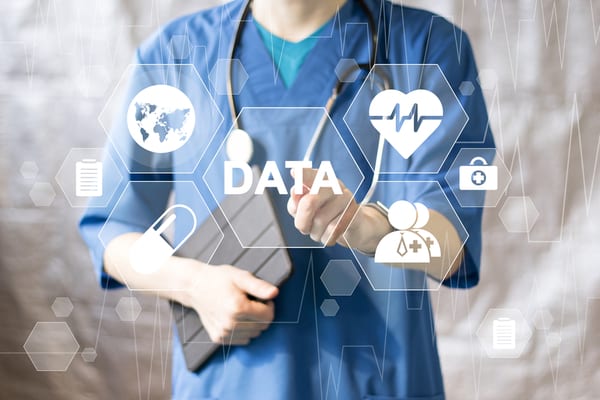In healthcare organizations, data analytics are making a real difference to people’s lives. Technology has helped both the public and private sector in coping with the increasing demands for society’s healthcare needs, thanks to the digitization of patient information, remote monitoring, and more recently, Artificial Intelligence (AI). So far, the majority of the Data Analytics discussion in the healthcare field has been focused on reducing costs and identifying ways to make things more efficient.
So, one of the major trends that we’ll see in 2019 is the explosion of devices that push consumers to do more self-measurement of biometrics like heart rate monitoring, glucose monitoring and remote blood pressure. And because of this, we’ll also see and explosion of frustration on the part of doctors around how to make sense of this sudden avalanche of data coming at them.
How do you deal with the data of a consumer constantly generating heart rate, blood sugar and blood pressure measurements? And how do you deal with consumers who are getting freaked out by their data and demanding explanations to assuage their fears?
At some point in 2019 there will be a realization that AI is going to be needed to make sense out of all of this data, because physicians simply will not have the time to monitor and process it all. The most important measure is to ensure that staff knows exactly how to use the data, meaning to get the right answer you need to ask the right question.
—
Photo Credit: MaximP / Shutterstock.com
